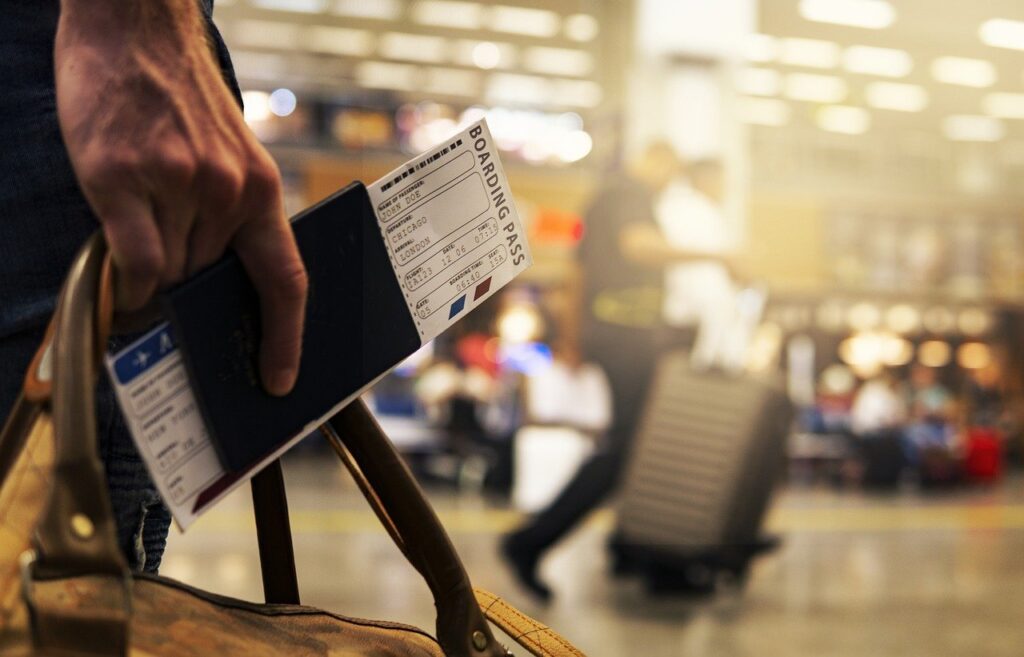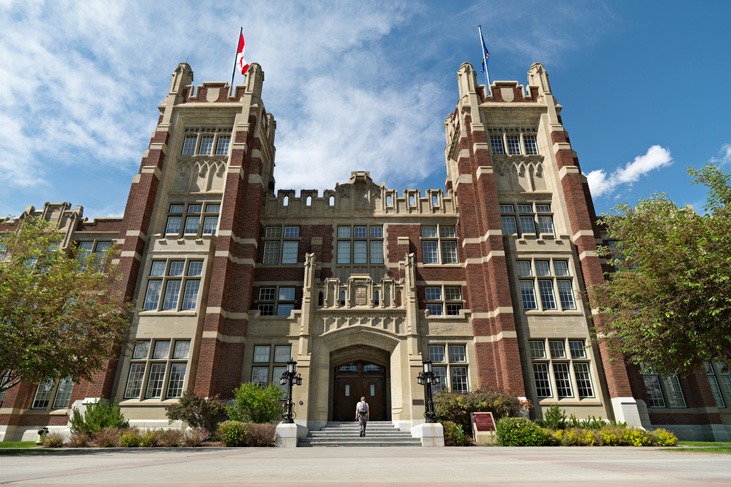If you want to take up an electrician apprenticeship in Canada, then you need to start with these skilled trade colleges in Ontario to give you the best edge.
Continue readingWhat Is the Difference Between Millwrights and EM Technicians
Both millwrights and EM technicians have similar jobs when it comes to physical labour but are actually quite different if looked at closely.
Continue readingImmigrating to Canada as an Electrician: What You Need to Know
If you are thinking of immigrating to Canada as an electrician, there are a few things you should know before getting started.
Continue readingTop 5 Skilled Trade Jobs in Canada in 2022
If you were thinking of immigrating to Canada as a skilled trade worker, here are some of the best opportunities you can explore.
Continue readingA Day in the Life of a Millwright: What You Need to Know
Are you thinking about taking up a career of Millwrights in Canada? Well, if you are, here are a few things you should know about this career path before jumping in.
Continue readingThe Federal Skilled Trades Program: Everything You Need to Know
Top Trade Schools in Canada: A Path Worth Considering
Whether you’re trying to up your game in the industry as a tradesperson, or you want to specialize in your field, this is the blog for you. Let’s dive into some of the top trade schools in Canada and how they can help advance your career!
Continue readingTop 6 Electrician Skills to Help You Get Ahead in the Industry
As an electrician in Canada you need to have certain abstract and practical skills at your fingertips. These skills will help advance your career in the industry.
Continue reading















